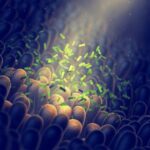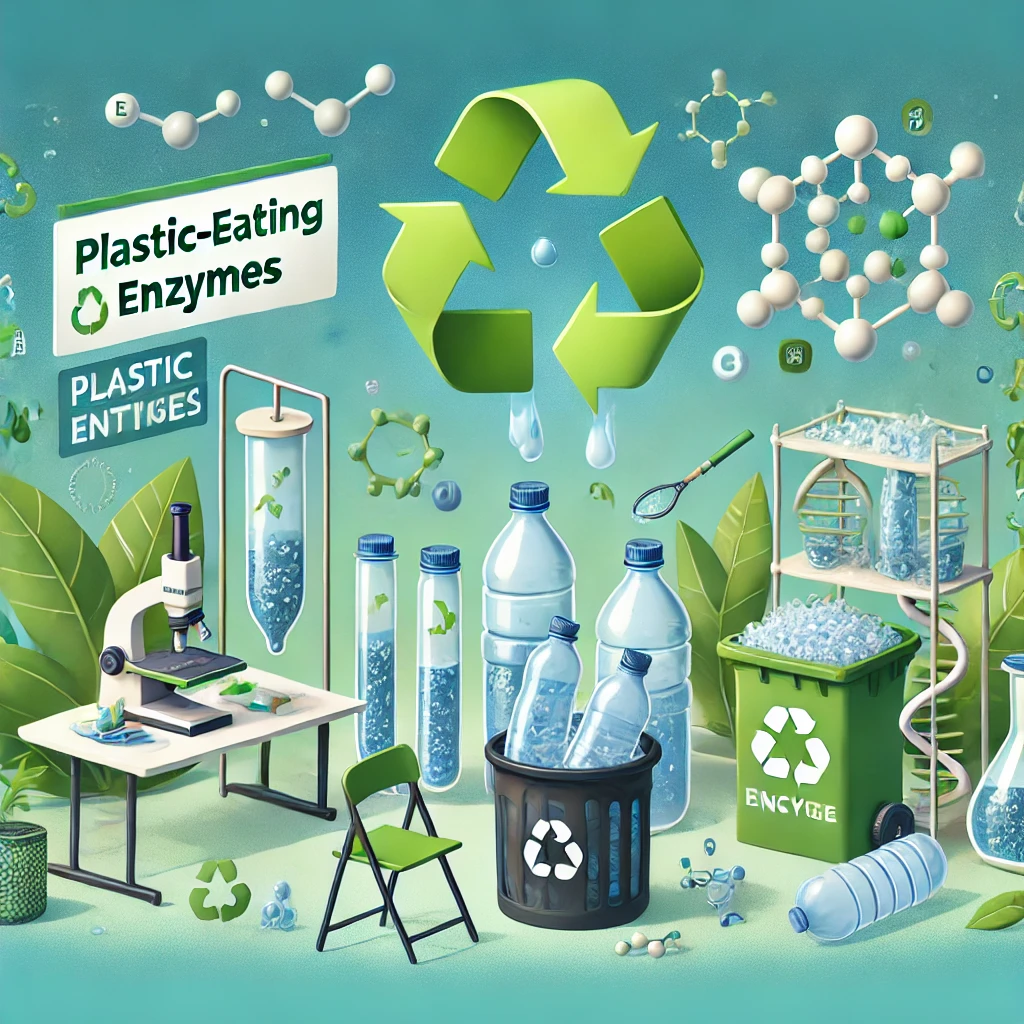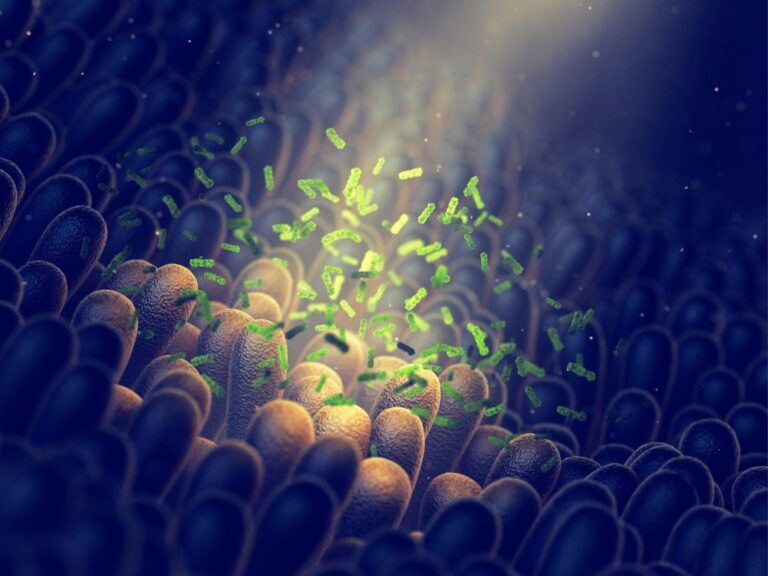Plastic pollution has long been a pressing environmental issue, with millions of tons of waste ending up in landfills and oceans every year. Recently, scientists have made a groundbreaking discovery that could change the way we handle plastic waste—plastic-eating enzymes.
These enzymes, specifically engineered to break down polyethylene terephthalate (PET), can degrade plastics in just a few hours, compared to the centuries it typically takes in natural conditions. PET is commonly used in items like water bottles and packaging materials, making this discovery highly significant.
How It Works
The process involves using enzymes derived from bacteria that naturally evolved to consume plastics. Researchers enhanced the enzymes’ efficiency through advanced genetic engineering. The optimized enzymes can break down PET into its original monomers, which can then be recycled into new plastic products.Environmental ImpactThis innovation has the potential to revolutionize recycling by creating a closed-loop system.
It could significantly reduce the amount of plastic waste that ends up in landfills and waterways. Moreover, it offers a more sustainable alternative to current recycling methods, which often produce lower-quality materials.Future ProspectsWhile the technology is still in its early stages, efforts are underway to scale it up for industrial applications.
If successfully implemented, plastic-eating enzymes could become a cornerstone in the global fight against plastic pollution, paving the way for a cleaner and more sustainable future.
This breakthrough highlights how science and technology can address some of the most critical environmental challenges of our time.

















+ There are no comments
Add yours